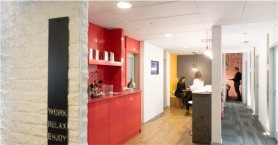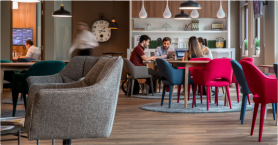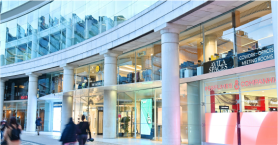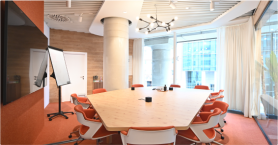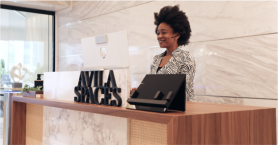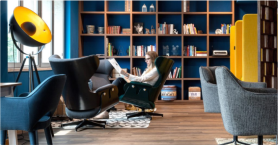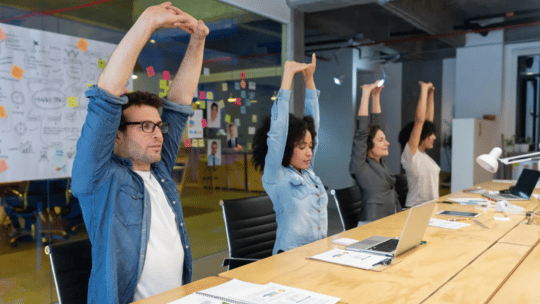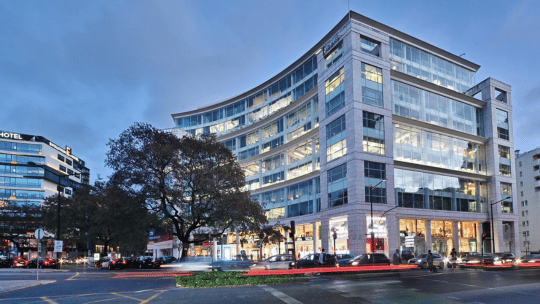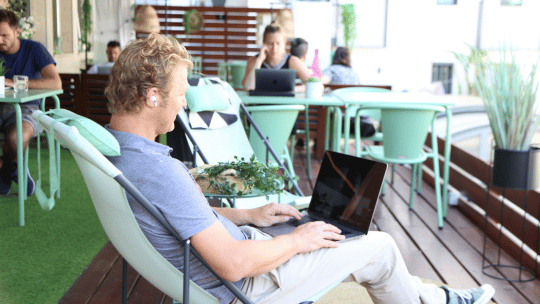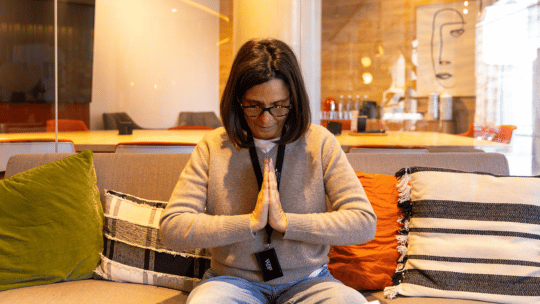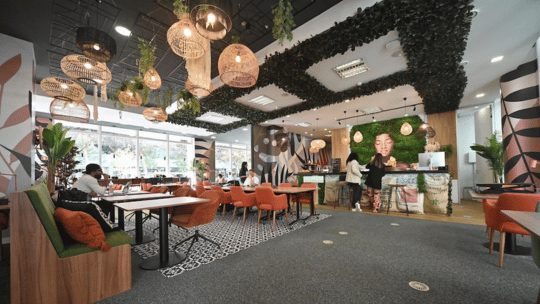|
The paradigm has changed. Companies in the modern economy have realized that the workplace can not be reduced to a set of offices with tables, chairs and computer equipment. International studies support that the new generations of professionals, especially Millennials, value more the work environment and flexible working conditions than the compensation offered to them.
Nowadays, many people are keen to not lose too much time between home and work: They rather prefer to move by public transport or cycling and quietly enjoy a coffee in the lounge area of the company as they read the first email of the day, having the freedom of working from the office, home or from a coworking space. Young professionals prefer to work where they feel best and where they feel more productive and large companies have realized that this new paradigm is a reality in which everyone wins. Last January, BBC investigated the Swedish example that is becoming a real guide for good practicing in companies around the world: In Sweden, known for its high levels of labor productivity, companies establish a mandatory daily break for workers to relax for a while, talking with colleagues, have a coffee and eat a slice of cake or a cookie, for example. This new practice, called Fika – which has no literal translation into Portuguese, but that can mean anything like drinking coffee, eating cake and chat - is rooting in the business culture of that Scandinavian country and seems to be there to stay. The new workspaces already reflect this need, and companies are increasingly alert to the habits of modern professionals, who are increasingly demanding comfortable workplaces, where they can socialize, have a meal as they prepare for a work day that may end up in the office, at home or on the terrace. More than the place where the work is done, what really matters is the result. And if this result is obtained after picking the children from school or after a gym session to recharge your batteries, even better. We spend more time at work than we spend at home, and we have already realized that happiness in the employment context is essential for businesses in order to reach high levels of performance. Examples like this prove it. Teresa Jacinto Chief Research & Development Officer Avila Spaces |
Other articles
In today?s competitive job market, attracting top talent is only half the battle. Retaining...
The Re:Space is a project idea that aims to transform underutilized outdoor spaces into...
Avila Spaces has just launched a new initiative that promises to energize the business ecosystem...
Coming back to the office after a vacation can feel like a shock to the system. Let's...
Holidays are meant to be a time of rest, joy, and reconnection?with ourselves, others, and the...
We currently live in a reality where acceleration is a constant. More and more, we seek...
In the modern, fast-paced workplace, productivity often feels like a race against time....
The second edition of Remote Week in Fundão has been confirmed. In 2025, a new group of...
Avila Spaces has been awarded the prestigious ?Cinco Estrelas Regiões Award? in the ?Coworking...
Avila Spaces announces its sponsorship of Pedro ?Figgy? Figueiredo, one of Portugal's most...
After its initial launch aiming to provide information on the Web Summit 2024 and Lisbon's...
Avila Spaces has introduced, in collaboration with Elbo Pte, an open-access virtual assistant,...
